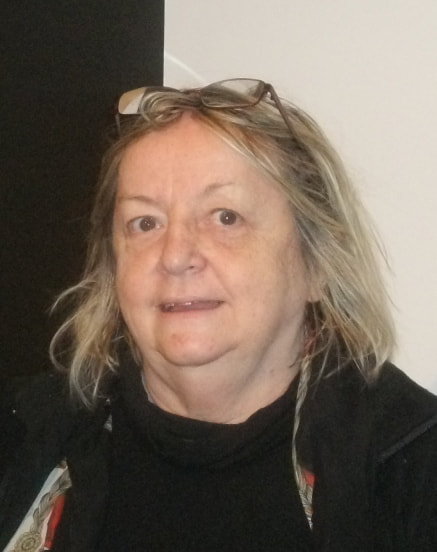Let me explain. When I finished grade 6 I wanted with 12 year old passion to go to a girls school. My year older brother was a student at the still being built Huntingdale High School, a new coed ‘baby boomer’ outer suburban high school a bicycle ride from home. He appeared to be having a very unsettled time – and indeed, did I want to go to the same school as my brother anyway? Joy Taylor, who lived across the road, seemed to be thoroughly enjoying going to Malvern Girls Secondary School, five stations away on the Dandenong line. She would come back telling me about hairdressing classes (the existence of which proved a complete fabrication) and seemed to be having such a romantic time there.
My education loving parents were concerned that my new school did not offer higher level maths or languages, but must have had other pressing worries on their minds, as I won the battle and was allowed to go to ‘Malvern Girls Secondary School’. I handled the maths we did with ease, and remain glad that most of our teachers had an expanded view of what a good wife may in fact need to know and challenged us wherever they could. I didn’t feel out of my depth in maths classes at ‘Malvern Girls’– but a reckoning awaited.
Five years of studying algebra and geometry had passed me by while I was at Malvern Girls ‘learning how to clean silver and iron a man’s shirt in seven easy steps’ amongst other things. I found myself regarding the ‘Pure and Applied’ and ‘Calculus’ students, even the General Maths students, with some awe when I completed my Matriculation at Oakleigh High School.
I began to feel worryingly out of my depth in my first week as an Economics & Politics student at Monash University in 1966. While the general student body in a huge assembly was told to ‘look to your right and left, one of you won’t be here at the end of the year’ was worrying, our welcome to the Economics faculty was even more worrying. The Dean stated firmly ‘if you can’t differentiate, you might as well leave now’!! I didn’t even know what ‘differentiating’ meant in mathematics! Quite probably the only student in the course who had attended a Girls Secondary School, I shuddered inwardly, already feeling out of my depth.
Many new mathematically oriented courses were entering the curriculum at the time, so fortunately for me, some training in related maths skills was offered. It seemed all of my friends had passed at least General Maths in Year 12, so weren’t required to do this. While my friends and fellow students were fully enjoying the first few months of University life, I remember finding quiet places to hide to work on the required self paced learning program, frequenting the stats lab and foyer areas of the economics floors of the Robert Menzies building, or ‘Ming Wing’.
As I reflect now, I wonder how I managed to complete my degree? My hypothesis is that I developed a capacity to ‘listen and read my way’ through the maths. I became skilled at listening out for the meaning of the relationships being described during lectures. I would skip over the heavily formula populated sections of journal articles and focus on trying to understand the results and conclusions involved. I can still do this! I also took units which were less mathematically oriented. Units in economic history, comparative economic systems, comparative industrial organisation, labour economics and administration feature on my qualification statement. My degree was in ‘Economics and Politics’, so politics units were also on offer.
Fortunately, my chosen career path, one I was quite passionate about, was to become a high school economics teacher. The courses I chose were appropriate and the mathematics I already had and had picked up during the course, sufficed. I graduated!
Luckily, I very rarely felt out of my depth, mathematically, in the economics classes I taught for many years afterwards.
However, I could never have become an econometrician or ‘Treasury Boffin’. I would clearly have been a fish out of water!
Bev Lee
September 2017


